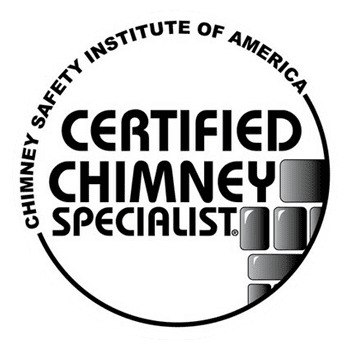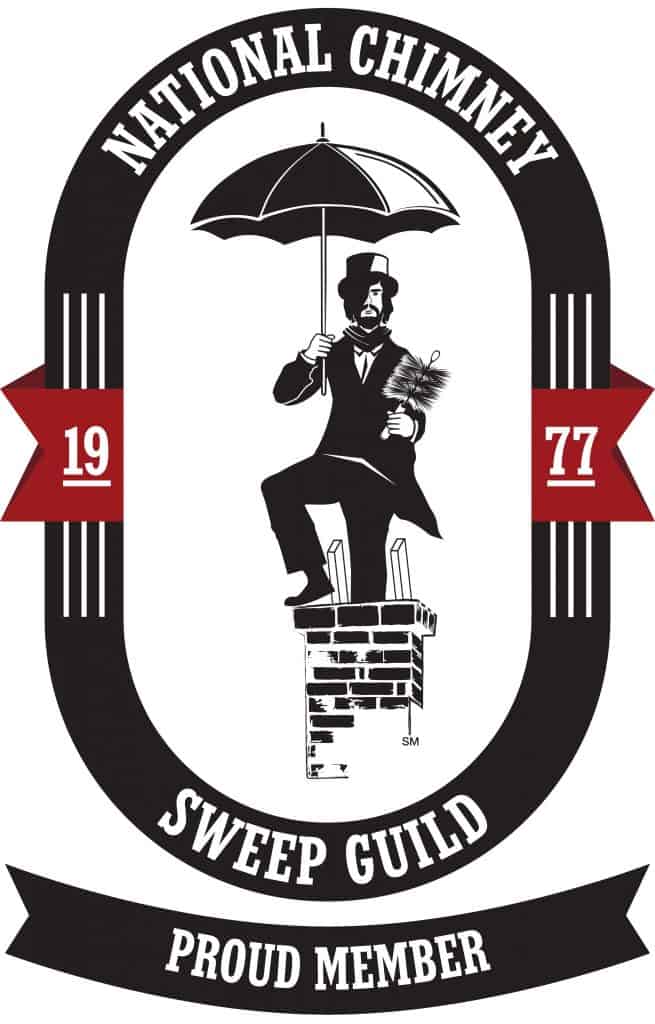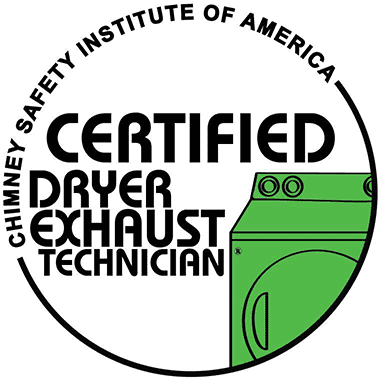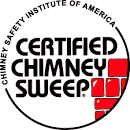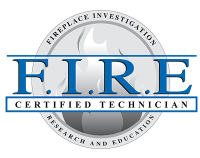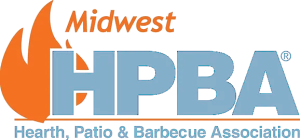The Benefits of Regular Chimney Inspections: Why You Should Have Your Chimney Inspected Annually
Having your chimney inspected annually is an important part of maintaining a safe and efficient home. Regular chimney inspections can help to identify potential problems before they become serious, and can help to ensure that your chimney is functioning properly. Here are some of the benefits of having your chimney inspected on a regular basis.
First, regular chimney inspections can help to identify any potential safety hazards. A chimney inspection can help to identify any blockages or cracks in the chimney that could lead to a fire hazard. Additionally, a chimney inspection can help to identify any creosote buildup, which can be a fire hazard if it is not removed.
Second, regular chimney inspections can help to ensure that your chimney is functioning properly. A chimney inspection can help to identify any problems with the flue or the chimney liner that could lead to inefficient operation. Additionally, a chimney inspection can help to identify any problems with the chimney cap or the chimney crown that could lead to water damage.
Third, regular chimney inspections can help to identify any potential problems with the chimney structure. A chimney inspection can help to identify any structural issues that could lead to a collapse of the chimney. Additionally, a chimney inspection can help to identify any potential problems with the mortar joints that could lead to water damage.
Finally, regular chimney inspections can help to identify any potential problems with the chimney’s ventilation system. A chimney inspection can help to identify any blockages or cracks in the ventilation system that could lead to poor air quality in the home. Additionally, a chimney inspection can help to identify any potential problems with the chimney’s draft that could lead to inefficient operation.
In conclusion, having your chimney inspected annually is an important part of maintaining a safe and efficient home. Regular chimney inspections can help to identify potential safety hazards, ensure that your chimney is functioning properly, identify any potential problems with the chimney structure, and identify any potential problems with the chimney’s ventilation system. For these reasons, it is important to have your chimney inspected on a regular basis.
The Dangers of Neglecting Chimney Repairs: How to Avoid Costly Chimney Damage
Neglecting chimney repairs can lead to costly damage and even put your family’s safety at risk. Chimneys are an important part of any home, providing ventilation for fireplaces and furnaces. Without regular maintenance, chimneys can become blocked, leading to smoke and carbon monoxide buildup in the home. In addition, chimney damage can cause structural damage to the home, leading to costly repairs. To avoid these risks, it is important to take steps to ensure that your chimney is properly maintained.
The first step in avoiding costly chimney damage is to have your chimney inspected and cleaned regularly. A professional chimney sweep can inspect the chimney for any signs of damage or blockages. If any problems are found, they can be addressed before they become more serious. Additionally, having your chimney swept regularly will help to prevent the buildup of creosote, a flammable substance that can cause chimney fires.
In addition to regular inspections and cleanings, it is important to make sure that your chimney is properly sealed. Cracks and gaps in the chimney can allow water to enter, leading to water damage and the growth of mold and mildew. To prevent this, it is important to check the chimney for any signs of damage and to repair any cracks or gaps as soon as possible.
Finally, it is important to make sure that your chimney is properly ventilated. Without proper ventilation, smoke and carbon monoxide can build up in the home, leading to health risks. To ensure proper ventilation, it is important to make sure that the chimney cap is in good condition and that the flue is open.
By taking these steps, you can help to ensure that your chimney is properly maintained and that your family is safe from the dangers of chimney damage. Regular inspections and cleanings, sealing any cracks or gaps, and ensuring proper ventilation are all important steps in avoiding costly chimney damage.
The Value of Professional Chimney Inspections: How to Find a Qualified Chimney Inspector
Having a professional chimney inspection is an important part of maintaining the safety and efficiency of your home. A qualified chimney inspector can identify potential problems and provide solutions to ensure your chimney is in good working order. Here are some tips for finding a qualified chimney inspector.
First, ask for referrals from friends and family who have had their chimneys inspected. Ask them about their experience with the inspector and if they would recommend them. You can also check with your local fire department or building inspector to see if they have any recommendations.
Second, look for a chimney inspector who is certified by the Chimney Safety Institute of America (CSIA). This certification ensures that the inspector has the necessary knowledge and experience to properly inspect your chimney.
Third, make sure the inspector is insured and bonded. This will protect you in the event of any damage or injury that may occur during the inspection.
Fourth, ask the inspector for references from previous customers. This will give you an idea of the quality of their work and how satisfied their customers were with the results.
Finally, make sure the inspector is willing to answer any questions you may have. A good inspector will be happy to explain the process and answer any questions you may have.
By following these tips, you can be sure to find a qualified chimney inspector who can provide a thorough and accurate inspection of your chimney. A professional chimney inspection is an important part of maintaining the safety and efficiency of your home, so make sure you take the time to find a qualified inspector.



